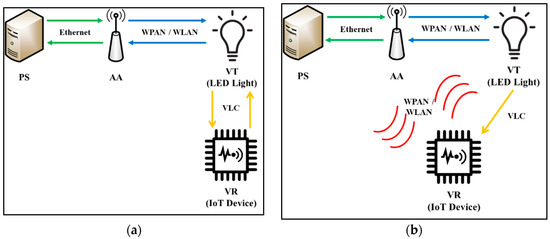If a light is next to a wall on one side you can see it on the floor on the other side.
Unity directional light bleeding through wall.
A potential solution is to open the gameobject s mesh renderer a mesh component that takes the geometry from the mesh filter and renders it at the position defined by the object s transform component.
I have found that when i disable the directional light and use the gaia light presets the bleed through issue goes away.
I was wondering how i could go about culling the lights so they no longer shine through walls.
Note that this will take a long time depending on the size of your scene and the number of lights 3.
That s why shadows exist.
Help how to solve light leaking through the wall.
Place it just behind your wall so that it blocks the light from leaking out.
In some situations normal bias can cause an unwanted effect called light bleeding where light bleeds through from nearby geometry into areas that should be shadowed.
I am having a strange problem with light bleeding through my meshes and causing light lines in the shadows see this image it was working great press j to jump to the feed.
Press question mark to learn the rest of the keyboard shortcuts.
Shadow maps are a kind of fickle technology.
I believe this has something to do with culling masks or light culling.
Position these to block any light leaking through the bottoms of walls.
Set the point light s baking property to mixed or baked then bake your lighting data using the lighting tab.
As an off the wall guess though it looks like your trying to force beta your lighting values far beyond their limitations that is causing the lighting solution to bleed.
These options have obvious edge cases that can t be easily resolved.
Any help is greatly appreciated.
This is caused because the use inverse squared falloff is set to on by default forcing you to have to use way more lights than whats needed or to set it s value far outs side acceptable values.
You can start here in the unity manual.
In that case you ll need to be a bit more clever.
You can simulate this in shaders or use raycasts to see if the light is behind a wall.
Shadows are the obvious answer however i assume you are using lite and that s not an option.
It will pay dividends to learn how they work what the settings do and how to work around problems like this.

